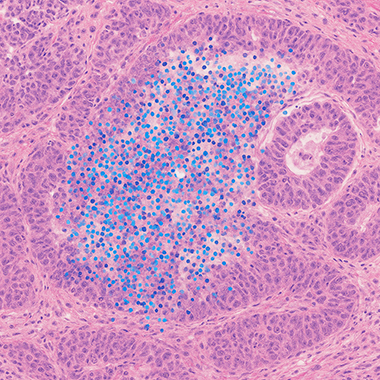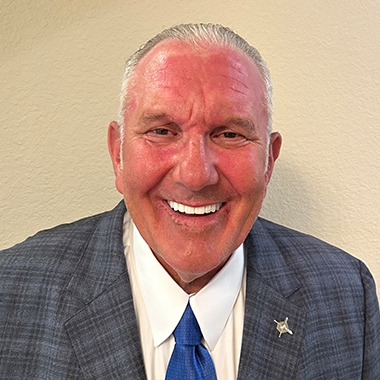STT PhD student lands inaugural Neogen Land Grant Prize
Statistics Ph.D. student Sarah Manski’s project assesses the risk climate change may have on farmers in the United States. With the ever-changing climate and increasing temperatures, overall farm health and income are at risk.
Manski’s proposal focuses on building a predictive model to quantify the risk value of soil health practices, such as conservation tillage, diverse crop rotations, and cover cropping, and the savings that would be accrued by adopting these regenerative practices.
Throughout this project, Manski has worked with a team convened by Land Core, a nonprofit organization focused on increasing adoption of soil health practices. The team includes faculty and researchers from MSU, UC Berkeley and Stanford. The team is also in close contact with colleagues from Regrow (formerly Dagan, Inc.), CiBO Technologies, Open Rivers Consulting Associates and Colorado State University.
The team partnered with the farm credit cooperative Compeer Financial to apply the risk model directly to the financial infrastructure of agriculture. The agriculture business provides the United States nearly 5.2 percent of GDP and supplies 22.2 million jobs to U.S. workers. Manski’s risk model has the means to create economic rationale for financial institutions like Compeer to develop incentives for soil health practices that move towards a regenerative, resilient agriculture.
Funds provided through the Neogen Land Grant Prize will help Manski and her team expand and verify their data, improving the quality and scope of the model. The funds will also support the risk model expansion across three to five additional states, including Michigan, and eventually the entire Midwest.
Land Core intends to use the model’s outputs to help develop policy and generate a 2023 farm bill that would support a resilient food system. In addition, the team eventually plans to work with the MSU Innovation Center to help with the commercialization of the risk model.
“I am honored to have received the Neogen Land Grant Prize for continuation and expansion of my research,” Manski said. “This grant will go a long way to expanding the impact of our project throughout the Midwest, especially to my home state of Michigan. Our work has the potential to facilitate widespread adoption of regenerative agriculture and, in the spirit of land grant institutions like MSU and the Neogen Land Grant Prize, make American agriculture more sustainable, climate-resilient and climate-friendly.”
Frederi Viens, Manski’s mentor and a professor in NatSci’s Department of Statistics and Probability, said he was not surprised that Manski was awarded the Neogen Land Grant Prize.
“She is a highly competent statistical and mathematical scientist, an excellent science writer, and is fully committed to the cause of regenerative and sustainable agriculture,” Viens said. “It's an honor to work with her on this project as her supervisor.”
Manski understands how important it is for our country's public and private agriculture policies to benefit farmers, Viens explained.
“She and the whole team have as a primary objective to keep farmers' interests at the top of every decision,” he said. “As a Michigan farmer myself, this means a lot. By working with a major farm lender, we are going straight to the source of how we can make a difference in farmers’ pocketbooks, and now with Ms. Manski's plans under the Neogen Land Grant Prize, our project's potential will extend to Michigan farmers.”
As part of the award application process, both students shared foundational work already accomplished related to their research and presented evidence that validates its potential economic impact.
Article courtesy of
https://natsci.msu.edu/news/natsci-graduate-students-land-inaugural-neogen-land-grant-prizes/



